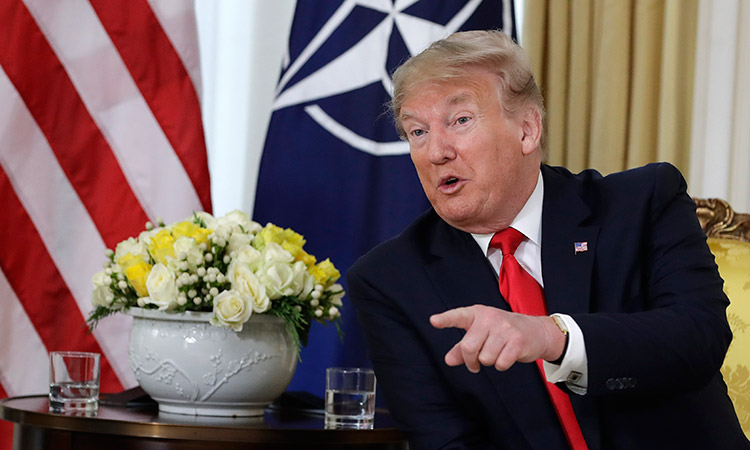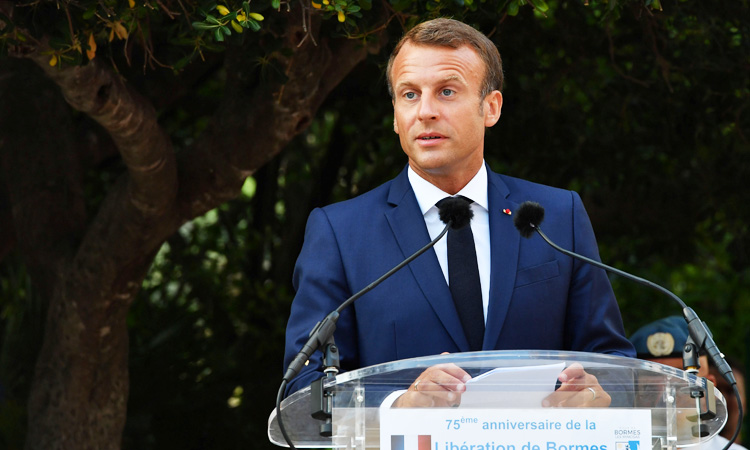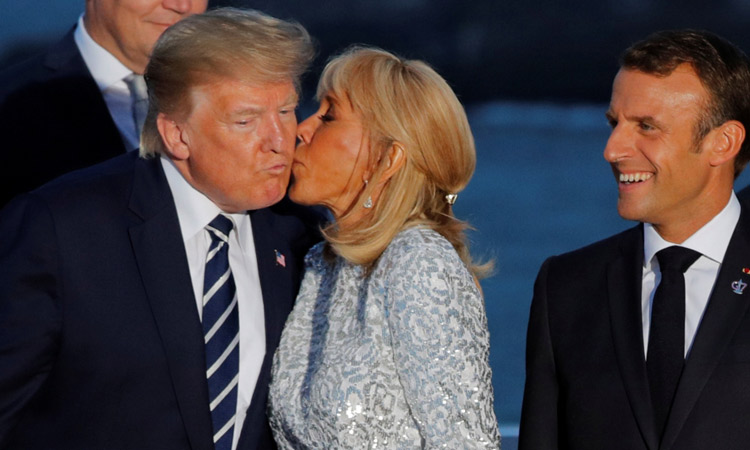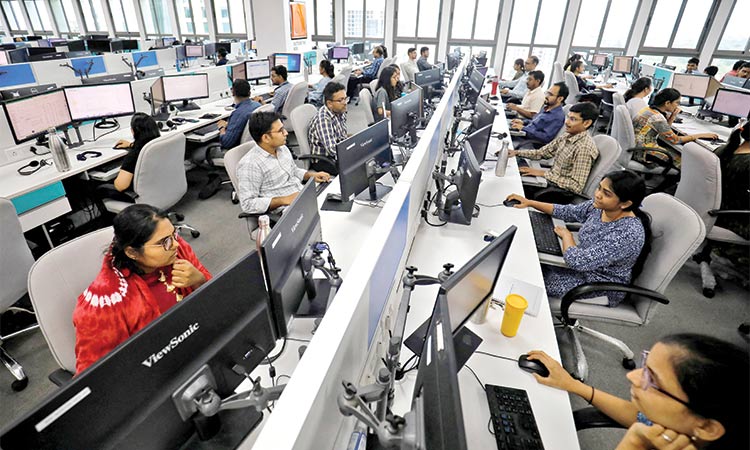Stepping up
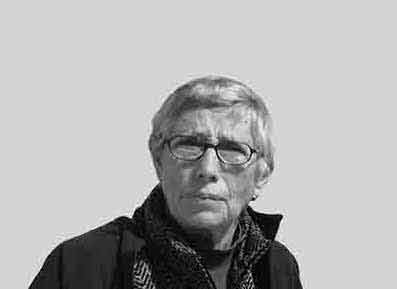
Michael Jansen
The author, a well-respected observer of Middle East affairs, has three books on the Arab-Israeli conflict.

Emmanuel Macron addresses a press conference. File
French President Emmanuel Macron has assumed the mantle of peacemaker in the absence of the leaders of Germany, Britain and the US. As German Chancellor Angela Merkel is due to stand down next year she appears to be avoiding involvement. At this stage in her political career, she does not want to take on Turkey’s ambitions in the region which Macron seeks to curb and counter.
British Prime Minister Boris Johnson is preoccupied with Brexit and hamstrung by COVID-19. Without understanding the risks, Donald Trump dabbles in foreign affairs to the detriment of targeted countries and the world at large. Instead of being a constructive force on the world scene, the US has become erratic and destructive.
Unfortunately, France is no longer a major power. If France, Germany, Britain and the US could promote common policies in Lebanon, Iraq, Libya, and the Eastern Mediterranean they might resolve disputes and conflicts.
Nevertheless, at least Macron is engaged and trying to change bad behaviour. He has visited Beirut twice since the Aug.4 explosion which devastated the port and nearby neighbourhoods. On both occasions, he pressed the country’s entrenched political class to initiate reforms, tackle corruption and deliver citizens’ demands. During the second, he presented President Michel Aoun and newly appointed Prime Minister Mustafa Adib with a draft proposal for dealing with the COVID-19 pandemic, the aftermath of the port blast, and reconstruction of the port. The proposal also put forward steps for reforming the electricity sector, regulating the flow of capital, conducting a full audit of the Lebanese Central Bank, combating corruption and preparing for new elections.
Macron promised to hold a conference in Paris at the end of October to review progress and threatened not only to withhold $21 billion (Dhs77b) in funds to rescue the economy but also impose sanctions on the individuals who obstruct Change. Since last October millions of Lebanese have poured into the streets demanding an end to mismanagement and graft and the abandonment of the sectarian system of governance imposed by colonial France before independence in 1943. This system, based on confessional power-sharing, has precipitated two civil wars and prevented Lebanon from emerging as a secular democratic state.
From Beirut Macron flew to Baghdad for meetings with Iraqi Prime Minister Mustafa al-Kadhimi, President Barham Salih, and Speaker of Parliament Selim al-Jabouri. Macron pledged support for Iraqi sovereignty which has been compromised by US and Iranian interference and Turkish military invasion of northern Iraq. He also called for reform and end to corruption and for Kadhimi to deliver on his promise of fresh elections in June 2021.
Following its 2003 invasion and conquest of Iraq, the US installed a sectarian system of governance modelled on Lebanon’s failed system. This has led to the domination of Iraq by pro-Iranian Shia fundamentalists and massive mismanagement and corruption in a country which earns billions of dollars in oil revenues annually. Consequently, Iraq’s health and education, water and electricity sectors have collapsed, its economy is in a downward spiral, and tens of thousands of Iraqis have mounted mass protests for the past 11 months.
Macron has accused Turkey of transferring to Libya thousands of radical fighters from the Syrian front to rescue the UN-recognised government based in Tripoli in the west from defeat by the forces of eastern commander, General Khalifa Haftar. He has been backed by the UAE, Egypt, Russia, and France which oppose the Tripoli government’s links to the Muslim Brotherhood and dependence on radical fighters. Macron’s call for a “political solution” to the Libyan conflict has fallen on deaf ears in both Tripoli and Ankara.
Tensions between France and Turkey have also risen over Turkey’s backing for al-Qaeda-linked Hay’at Tahrir al-Sham and radical groups in Syria’s north-western Idlib province and Turkey’s aggressive moves in the Eastern Mediterranean.
A maritime clash between the French and Turkish navies was avoided on June 10 when Turkish war ships warned off a French frigate seeking to inspect a Turkish civilian vessel believed to have been delivering weapons to Libya in breach of a UN arms embargo. France temporarily withdrew from Nato’s Sea Guardian Operation designed to ensure freedom of shipping in the Mediterranean and prevent weapons smuggling.
While Macron was in Lebanon on Sept.1 French warplanes carried out exercises by flying low over Cyprus while French warships patrolled with the Greek navy in the Aegean Sea. For years Turkey has deployed oil and gas exploration vessels accompanied by warships in Cypriot waters and last month Turkey dispatched a ship to conduct a seismic survey south of the Greek island of Kastellorizo but withdrew the vessel after international condemnation.
In response to Turkey’s aggressive moves, France has concluded a defence cooperation agreement with Cyprus and a four-party arrangement with Egypt, Cyprus and Greece. During a regional forum in Italy last month, Macron accused Turkey of pursuing a “problematic” agenda. He pointed out, “While six months ago some people said that only France blames Turkey for various things, now everyone sees that there is a problem.” Greece has placed on alert its land forces along its border with Turkey and its warships in the Aegean.
Alarm bells should have rung everywhere in Europe and among Nato members in late 2019 when Ankara offered to provide Tripoli with weapons and fighters in exchange for Libya declaring an exclusive economic zone (EEZ) that extends to mid-sea to merge with the unilaterally proclaimed Turkish EEZ stretching from Turkey’s coast. If recognised the two zones would bisect the Eastern Mediterranean, separating Egypt, Israel, Cyprus, and Lebanon in the east from Greece, Italy, Spain, Malta, and other littoral countries in the west.
Macron’s proactive approach to Turkey is motivated by his determination to defend France from radical attacks by outsiders and to fight radicalism among its Muslim population. Macron sees Turkish President Recep Tayyip Erdogan and his Justice and Development Party, modelled on the Brotherhood, as instigators of radicalism. Marcon has been sharply critical of Turkey’s weaponisation of refugees to initiate clashes on the Greek-Turkish border although Ankara has received billions of dollars from the European Union to provide upkeep for refugees in Turkey.
Paris also sees Turkey’s intervention in Libya as a means to spread its influence across North Africa and to the Sahel to the south, regions which have traditionally been within the French sphere. Macron is also spurred on by business. France’s energy giant Total has major interests in the Eastern Mediterranean and, along with Italy’s Ini, has signed gas extraction contracts with Cyprus.

